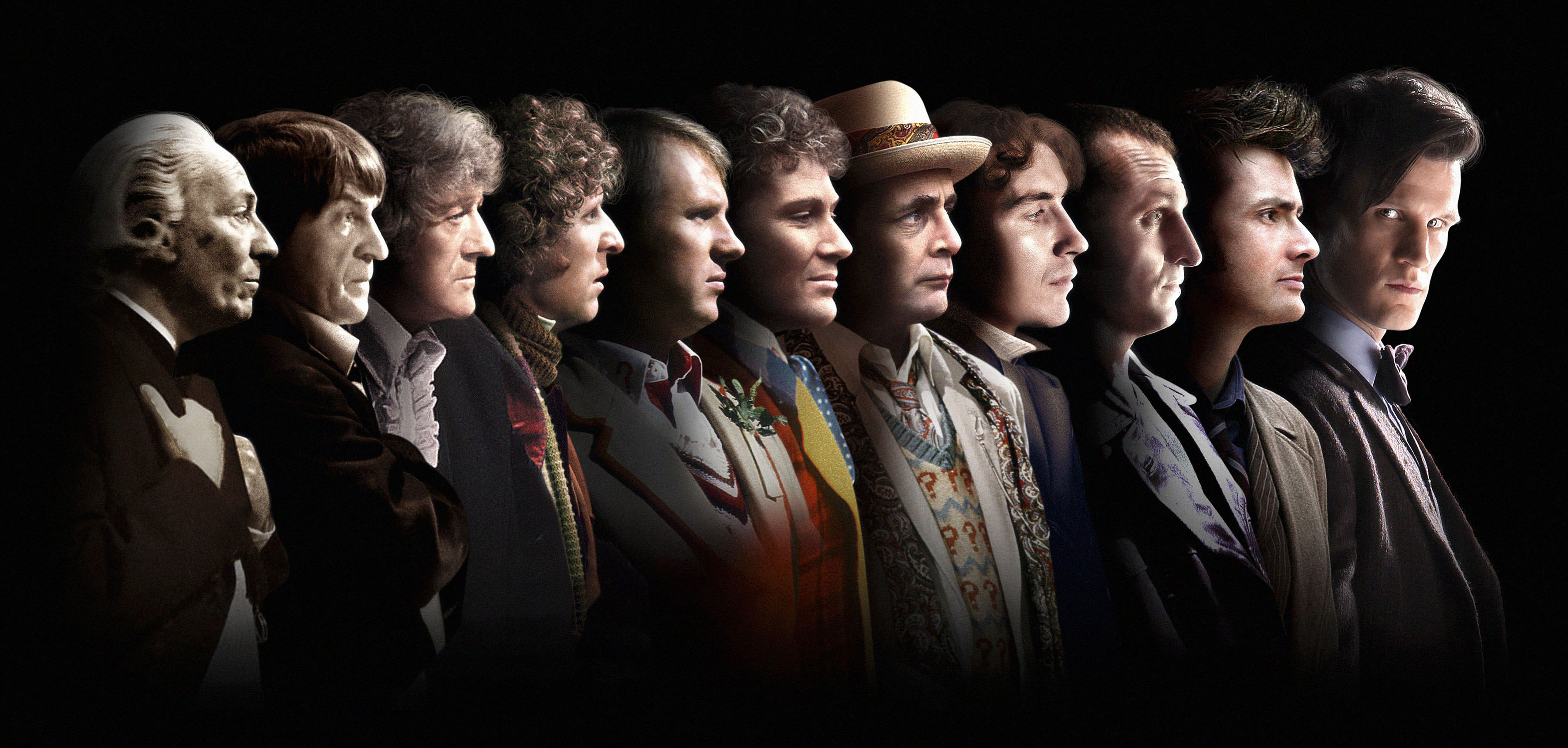In television's vast universe, there is perhaps no acquired taste that is more difficult to acquire than the taste for "Doctor Who," BBC's long-running sci-fi series about an alien dandy who navigates the time-space continuum in a phone-booth-style British police box. It's been on (and off, and then on again) for five decades, but despite its increased popularity, "Doctor Who" remains steadfastly niche.
And before fans come at me with their sonic screwdrivers bared, let's assume that "acquired taste" is meant as the highest compliment in this full-blown nerd era. The show's remoteness — and the way it has skirted the edge of mainstream success for so long — remains its strongest asset.
From its earliest episodes, "Doctor Who" has rewarded a certain stripe of viewer who can pay close attention while cerebrally forgiving the show for its low-budget, slapdash, resolutely episodic qualities. It's melodrama for Mensa. One of the main reasons "Doctor Who" thrived, in fact, was because its fans came to love it as much for its shabbiness as its exuberance and manic intelligence. The bells and whistles of the CGI era have caught up to "Doctor Who" and made it infinitely cooler to watch since 2005, yet it's still appreciably outre.


















With your current subscription plan you can comment on stories. However, before writing your first comment, please create a display name in the Profile section of your subscriber account page.